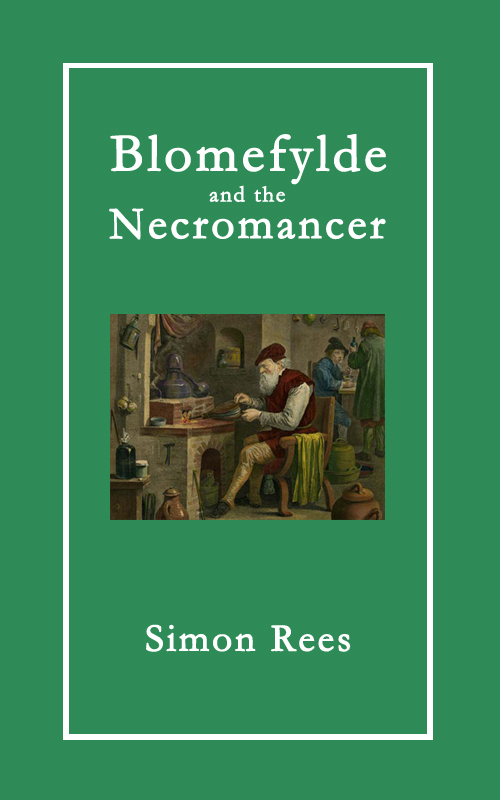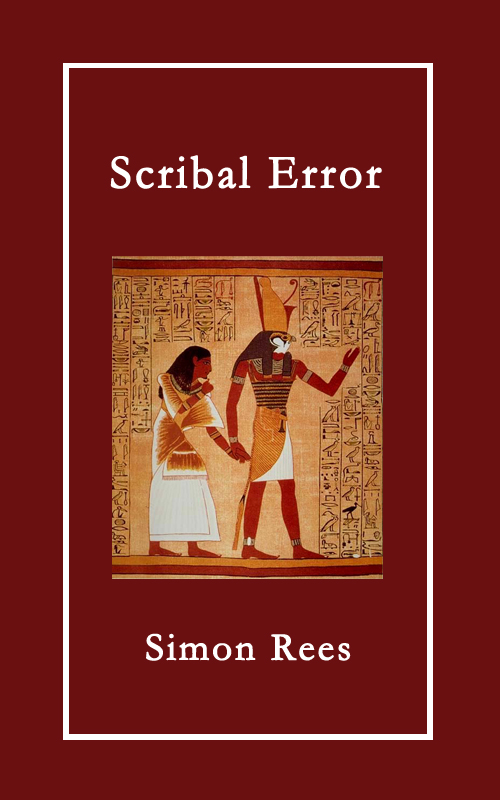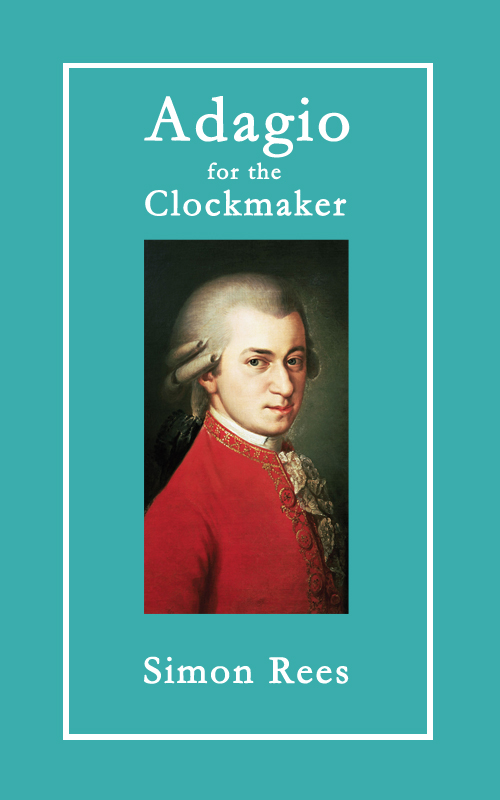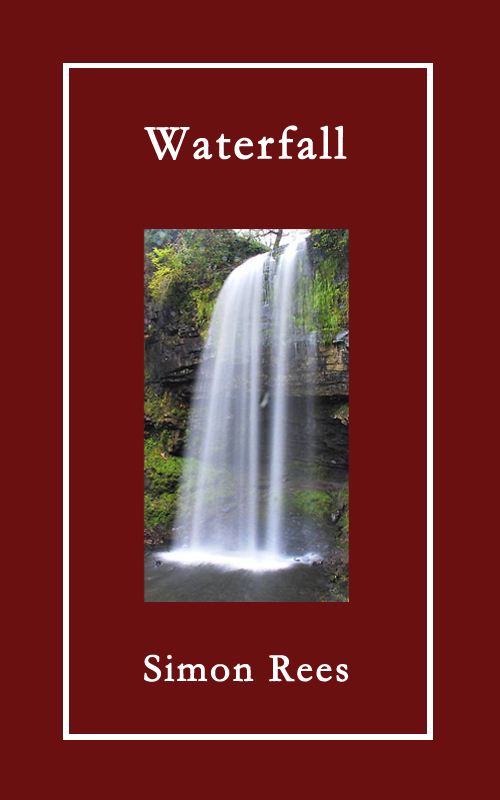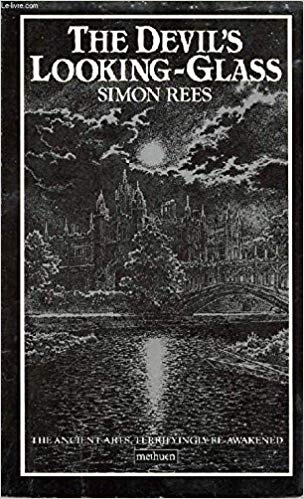I am a dramaturg.
This is an odd word, which needs some explanation. It means somebody who works in a theatre or opera house, with responsibility for words: plays, librettos, programme notes, translations, talks, research, all that kind of thing. ‘Dramaturg’ or 'Dramaturgy' comes from two Greek words, ‘drama’ meaning drama, and ‘ourgos’ meaning ‘work’. Other words built in the same way include ‘George’, a farmer or earth-worker (gea + ourgos); while a surgeon (in older English ‘chirurgeon’) is a ‘cheiros’ + ‘ourgos’ or hand worker.
I have worked as a dramaturg since 1989, until recently for the Welsh National Opera - WNO, based at the Wales Millennium Centre in Cardiff. The amount of time I have spent in the dramaturgy role could be considered as even longer if you count my spell of work at Festival Opera Barga, in Tuscany in 1980, when I produced the programme and ran up and down hill with boxes of music stands, and put out chairs for concerts in the town square. For 23 years I was dramaturg at Welsh National Opera, and since leaving the company in 2012 I have set myself up as a freelance dramaturg.

As a dramaturg I translate surtitles (or prepare English surtitles for operas sung in English) both for opera and for spoken theatre. I use various different surtitling systems, including Naotek, Focon, PowerPoint, Polycomp and a number of others. Most of these work by connecting a laptop computer to a screen, so that the operator can cue the surtitles from the computer and send the right text to the screen at the right moment. Split-second timing is crucial, or the laughs come in the wrong places. I also write programme notes for operas and concerts, give lectures and talks (at every level) on opera and theatre, and do any research that directors or producers might require.
In continental Europe, and especially in the German-speaking countries, the dramaturg is an important figure in a theatre or opera house. In Britain the dramaturg has yet to establish a permanent role – but I’m working on it!



